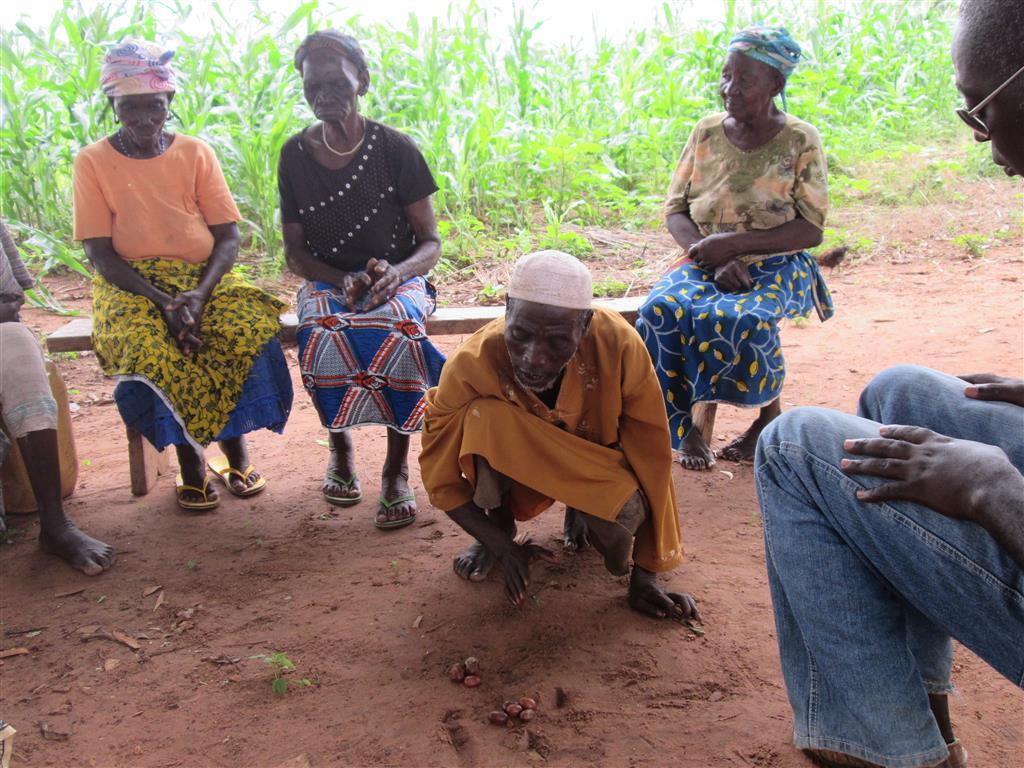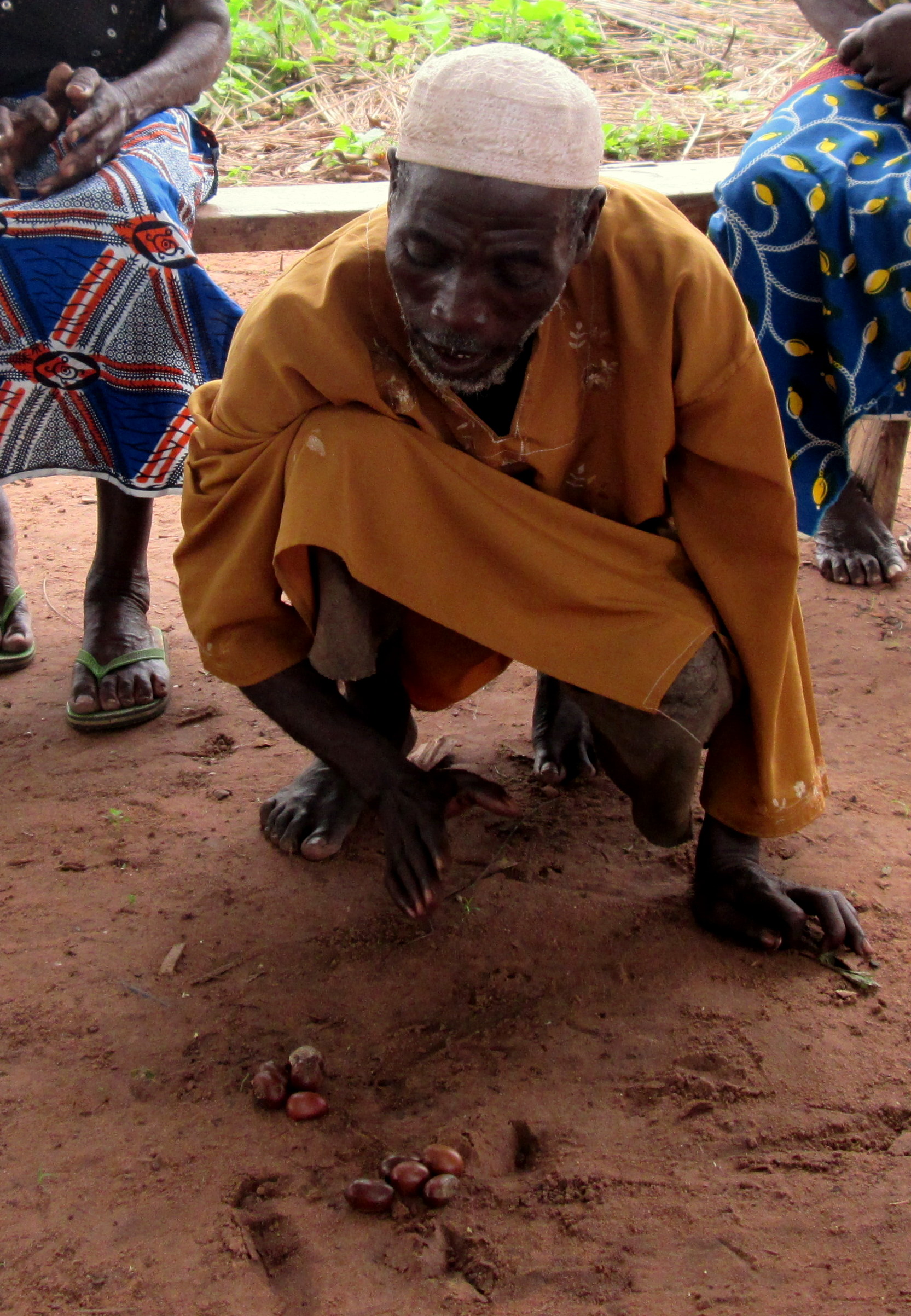Addressing gaps in climate communication in West Africa

By Adelina Mensah
In the past in West Africa, climate science was primarily communicated to climate practitioners - people who were not only interested in the science, but who were already sufficiently well-versed in the subject to make it relatively easy to communicate fairly complex content. For this rather specialist audience, communication activities tended to be academic in nature, most often delivered in the form of PowerPoint presentations at conferences, meetings or workshops.

However, more recently - and in response to the international agenda for countries to more effectively mitigate and adapt to climate change - climate science communication has needed to address a wider range of stakeholders at all levels of governance - from farmers and fishermen to policy- and decision-makers. This has meant that climate communicators have had to move out of their comfort zones, and think of clear and effective ways to explain climate science to non-specialists.
Climate communicators have had to move out of their comfort zones, and think of clear and effective ways to explain climate science to non-specialists.
A major stumbling block in this process is that the people tasked with climate communication are typically climate specialists whose scientific training far exceeds their communications training. This means that they have limited knowledge of the methods, tools or approaches that can elicit enthusiastic interest from the general public. So, in many instances, attempts to communicate salient issues have continued to follow the ‘same old, same old’ traditions of workshops, presentations, policy briefs or newsletters. Thus, the information continues to be most appropriate for generally literate audiences, while key messages still fail to reach those who are considered to be the most vulnerable. To make matters worse, communication activities and events are seldom coordinated and stakeholders frequently become fatigued and even nonchalant about the issues.
To try to improve this situation some climate communicators are now teaming up with local facilitators who can provide increased access to communities and who can help to overcome linguistic and cultural barriers. Many people are also starting to use radio stations more widely; these are the main sources of information for local communities in West Africa and they offer useful platforms for communicating messages and generating interest in climate science issues.
There still remains much to be achieved though, as creating awareness is a gradual process. We need to learn more about which communication methods to use and when to use them. We also need to better understand the diverse interests of different stakeholder groups. Only then will climate science become less of an intellectual exercise and a more common agenda for all.